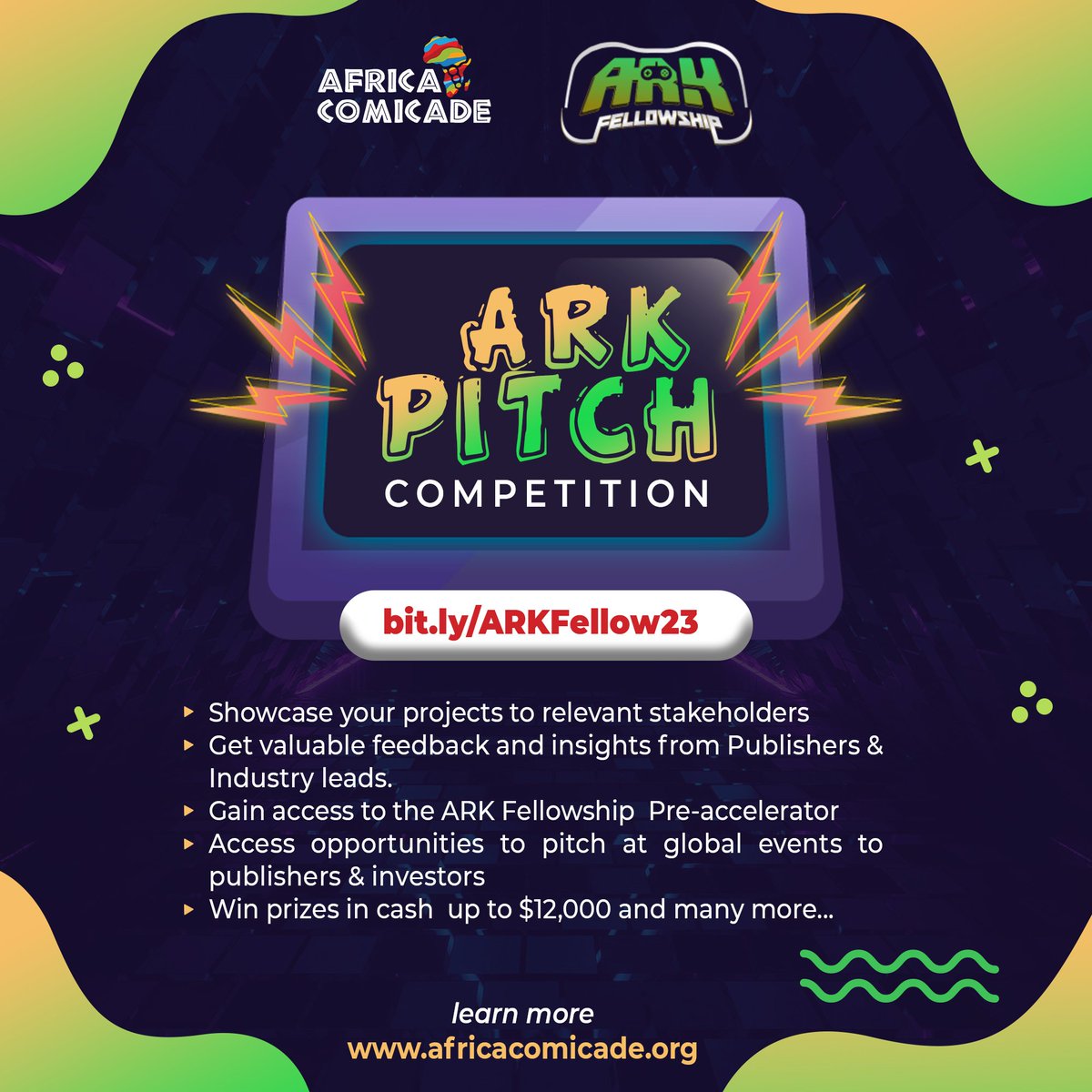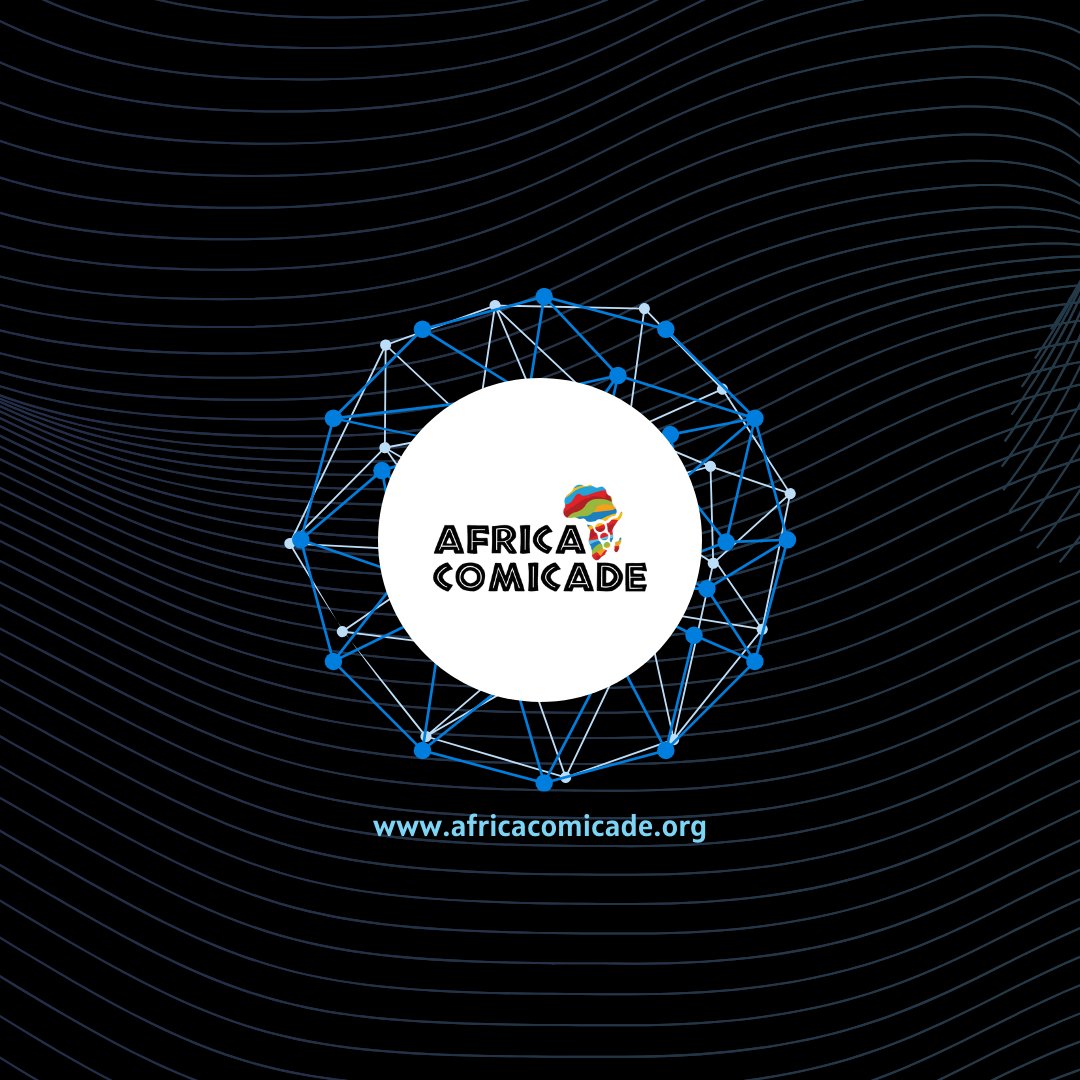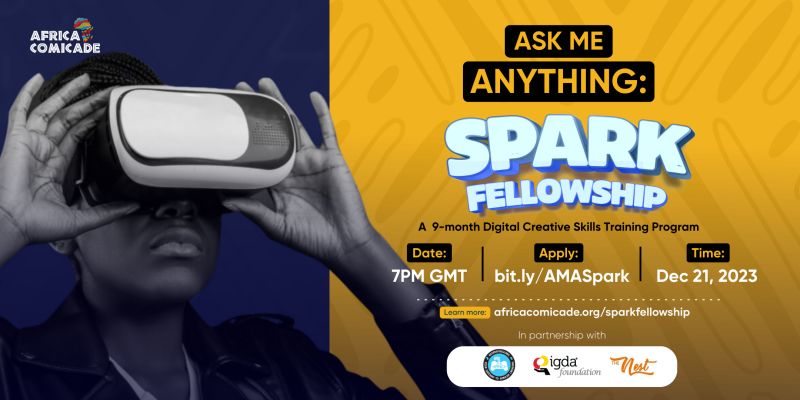These initiatives have positioned Africacomicade as an entry launchpad into the industry.
By Helena Olori
The global gaming industry, comprising both game development and eSports, is a thriving behemoth. The video games market alone is valued at over $200 billion with a projected growth rate of 13.4%. This impressive success stands in stark contrast to Africa’s largely untapped potential in the sector which has lived under the shadows of its more lucrative neighbouring sectors like fintech, app development, and web development, even as African economies increasingly embrace tech as a new frontier for growth, economic development, job creation, and entrepreneurship.
Despite having two key market drivers in the video games industry — a youthful population and high mobile penetration rates — stakeholders in Africa remain largely unaware or hesitant to tap into the industry’s immense potential. This reluctance is often fueled by inadequate data to help investors understand and make informed decisions.
To bridge this data deficit gap impeding investment inflow, Africacomicade, one of the major industry disruptors rewriting this story, took a significant step by launching an innovative initiative to map over 200 creative studios across Africa. The platform is also currently creating an industry report.
Co-founded by Nigerian creative entrepreneurs, Michael Esio Oscar, Oluwatosin Ogunyebi, and Adewale Abdulkabir, Africacomicade, since its inception in 2020, has been at the forefront of transforming the African games development space through its research, education, and entrepreneurial initiatives aimed at promoting investors’ confidence and creating a thriving ecosystem of games creators. This, in turn, closes the gap between video game consumption and development in Africa.



The Industry Mapping Initiative
The mapping initiative of Africacomicade covers games studios, publishers, support programmes, associations, and events across Africa. It takes a grassroots approach in providing comprehensive and valuable data that showcases the industry’s viability, creating a stronger business case for investment.
“Globally, Africa is seen as the next frontier for business and development because of its youthful and talented pool, but investors and stakeholders in the global games industry are skeptical about coming down to Africa”, says Oscar, an alumnus of software entrepreneurship from Meltwater Entrepreneurial School of Technology (MEST) Africa who has spent the last few years passionately building communities of digital creatives. “The idea of the mapping is to let people know that this industry exists and is viable for investment. These are the structures that have allowed the core fintech industry to thrive”, he explains.
So far, Africacomicade has identified over 200 creative studios across the continent, facilitating collaboration among African game developers, and paving the way for a vibrant and sustainable gaming industry in Africa. This has also afforded prospective investors and stakeholders an overview of creative studios available in each country within the continent.
Nurturing Africa’s Game Development Ecosystem
The industry is faced with a myriad of issues including infrastructure deficit, but one that seems to have a greater effect on the ecosystem is the dearth of home-grown video game producers on the continent and monetisation of their creations. Popular games like Candy Crush, Temple Run, and Subway Surfer, which are widely played in Africa, are not made by Africans. To progress, Oscar believes the African games industry, currently valued at about $186 million, needs to shift from being consumers to creators, similar to the transformation seen in Nollywood and Africa’s music industry. While veterans in these industries may not have initially made significant profits, new entrants are thriving.
“It’s a niche sector valued at about $200 billion. If Africa can at least make up actively up to 1% of this sector, we will be opening our economy and ecosystem to a new sector that can support it. And that’s why we [Africacomicade] are here”, Oscar noted enthusiastically.
It is this very challenge that sparked Africacomicade’s Fellowship programmes which have been instrumental in nurturing and empowering African game developers, providing them with the skills, resources, and opportunities needed to succeed in the global games industry.
The SPARK Fellowship focuses on training creatives in games development, providing participants with structured learning experiences, mentorship, and industry certification; as against the self-study and informal learning which characterised the early days of the industry. Oscar explained, “Most of us in the industry today learned by ourselves through online courses on YouTube, Udemy, etc. But now, we have partnered with one of the biggest engines in the industry, Unity 3D, to provide a training programme, following a state-of-art curriculum, with facilitators and mentors who provide structured learning support, an opportunity for internships after which they also get access to job opportunities in global studios”.
Testifying to the impact of this programme, Mark (Mayamiko) Msonkho, who joined in 2021 stated, “This blend of creativity and purpose significantly shaped my perspective as an animator. The Spark Fellowship, more than an educational endeavor, became a journey of self-discovery and professional growth. Africacomicade also facilitated a six-month internship with Anvaya Feats, offering a remarkable opportunity to apply my skills in impactful, real-world projects.”
The ARK fellowship, on the other hand, targets African studio founders. It takes a more holistic approach, offering entrepreneurial training to enable participants to effectively manage and grow their studios as viable businesses. This programme also facilitates connections to funding opportunities, empowering participants to secure the financial support needed for their studio’s development and expansion. Both fellowships run concurrently, with about 200 participants for the SPARK and 30 game studios in the ARK programme.

Alongside these training programs, Africacomicade periodically facilitates exchange programmes where participants work with professionals from Germany, Finland, and the US, exposing them to new knowledge, experiences, and opportunities. This, according to Oscar, is crucial for creatives, as exposure plays a significant role in their success in the industry. The 2023 Eko Innovation Centre Gaming and Entertainment Innovation award winner also runs the “Cre8teens” programme which trains children during holidays as a way of catching them young to ignite their creative spark.
Another programme, perhaps the most substantial of all, is the Gamathon. Held annually since 2020 for over three weeks (two virtually and one in-person), the game jam acts as a networking convention for developers. It features the ARK pitch competition for studio founders, which gives them access to funding or investment opportunities. Recent editions now include the ARK pitch prototype funding which provides developers with financial support to pursue game ideas, create minimum viable products (MVPs), and test their concepts.


This funding model, prevalent in the West, is being implemented by Africacomicade, in partnerships with global organisations like XBOX, Indie Games Business, GDBAY, and Google, to support African game developers. “We came up with this initiative because Africans have amazing stories to tell, so we select the best from the pitch competition and give them prototype grants. Last year we gave out a prototype grant of about $30,000 to 15 game studios across Africa”, Oscar shared.
Chibuzor Armstrong, of Logic-Dev, Nigeria, proudly shares, “I am proud that LOGIC-DEV came out 5th position in the 2023 ARK pitch competition that rewarded us with the sum of $2000 and a Certification of Excellence. The fund has helped us purchase a gaming laptop (Acer Nitro 5), a digital sketch pad, and smaller gadgets needed for the team to grow. I am looking forward to more stakeholders and also more opportunities, and higher reward funding with technical support. Thanks to Africomicade and the stakeholders and jury (Google, Indie Game business, GDBAY, and African Game Week) for the opportunity.”
These initiatives have positioned Africacomicade as an entry launchpad into the industry, training and connecting talents with global studios, transforming creative studios into sustainable businesses, and facilitating investments that create job opportunities and generate revenue.
“The ARK Pitch wasn’t just a platform, it was a rocket launchpad for my game development dreams. Before, I was a solo developer, adrift in a sea of doubt. But joining this incredible community ignited a fire in my belly”, says Onyx Terchi-Duku of Ogames Studio, Ghana. “Now, my solo project, ‘Rise of Fati’ has transformed into a powerhouse, fueled by the collective energy of this amazing crew. We’re creating a game that will not only captivate players but also shine a spotlight on the vibrant African narrative”, he added.
Driving Social Change Through eAfrica Challenge
Beyond entertainment purposes, these digital creatives are actively addressing social issues with video games. One notable example is Iwájú: Rising Chef, a tie-in mobile video game that accompanied the launch of the Disney-Kugali studio animated series, Iwaju. This cooking game, built by Nigerian game studio, Maliyo, celebrates our cultural heritage through the creation of authentic African cuisines. In Ethiopia, Guzu Geez by Enechewat Games allows users to test-learn their knowledge of the language of Geez — an Ethiopian language that is becoming less used — in an entertaining way. Terranil, developed by Free Lives, presents an environment strategy game on creating a circular and sustainable ecosystem; Kayfo Games’ Blue Gecko and Clean My Beach touch on illegal exotic pet trading and ocean waste management, respectively, while Rapulani, by Yolanda, helps young African girls feel comfortable, seen. and represented by teaching them unique styling techniques for their Afro hair, thus deepening their connection to their cultural roots.
Africacomicade is also actively involved in these innovative initiatives. Through its eAfrica Challenge launched in 2021, Africacomicade rallies stakeholders to utilise games as a means of raising awareness and support for the Sustainable Development Goals (SDGs). The challenge focuses on promoting sustainable, energy-efficient educational games that inspire action against climate change.

At the moment, government support for the gaming industry is limited, but there are signs of progress, such as the partnership between the Federal Ministry of Arts and Culture, and Nigerian-based studio, Maliyo Studio to build a game about Nigeria’s culture. Oscar is hopeful that more studios like Xbox, Sony, and others will invest in African studios.
While Africacomicade plans to develop the talent pipeline, set up studios with teams and structures, secure funding, and focus on production over the next three years, its top priority is creating a structured environment for professionals in various aspects of game development to thrive.
Helena Olori is a talented multimedia journalist, she enjoys staying abreast with the latest happenings in the film industry and what makes the movie business tick. Connect with her on Instagram @heleena_olori or helena.olori@afrocritik.com
This story was created with support from the African Change Narrative Storytellers Fellowship as part of the projects for its 2024 programme. It was first published on www.africanchangestories.org.






